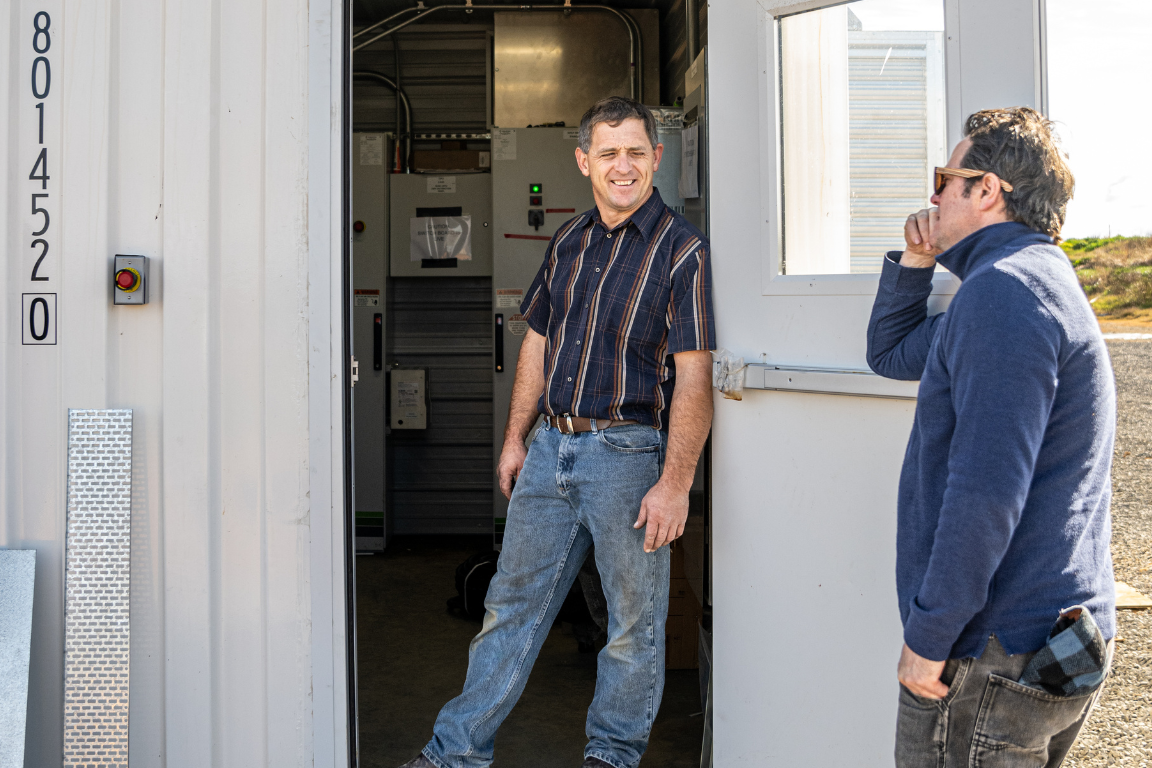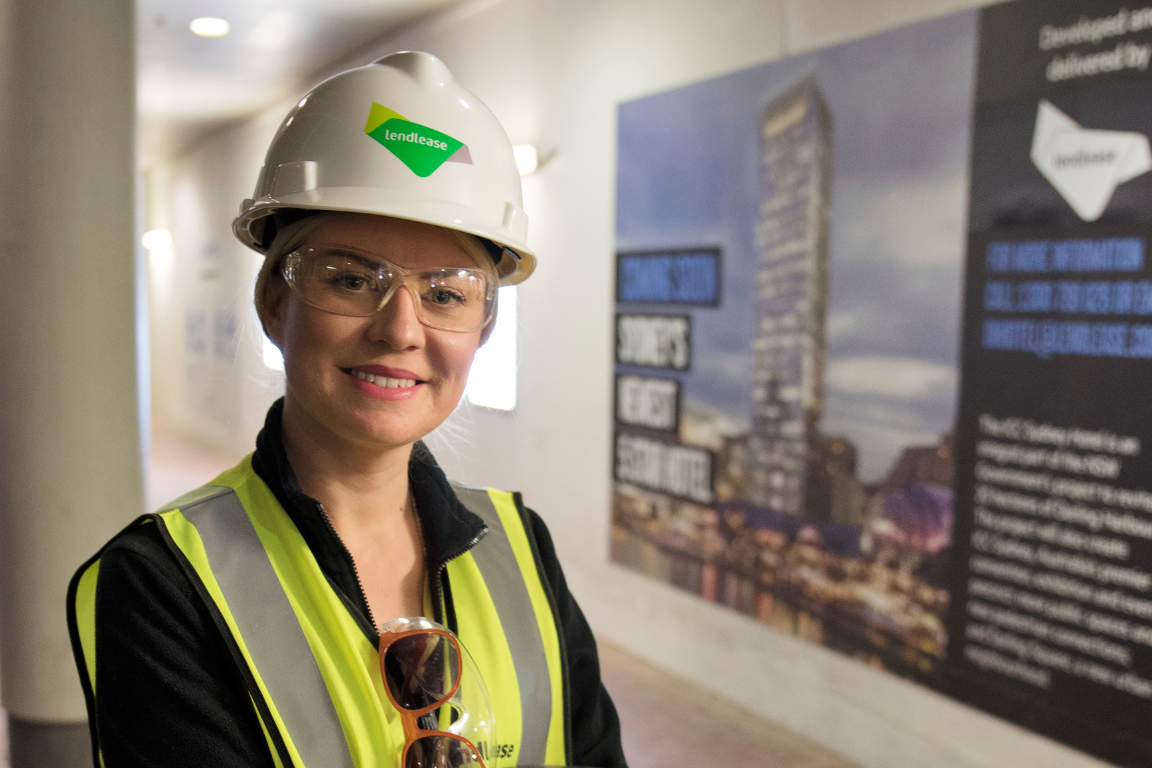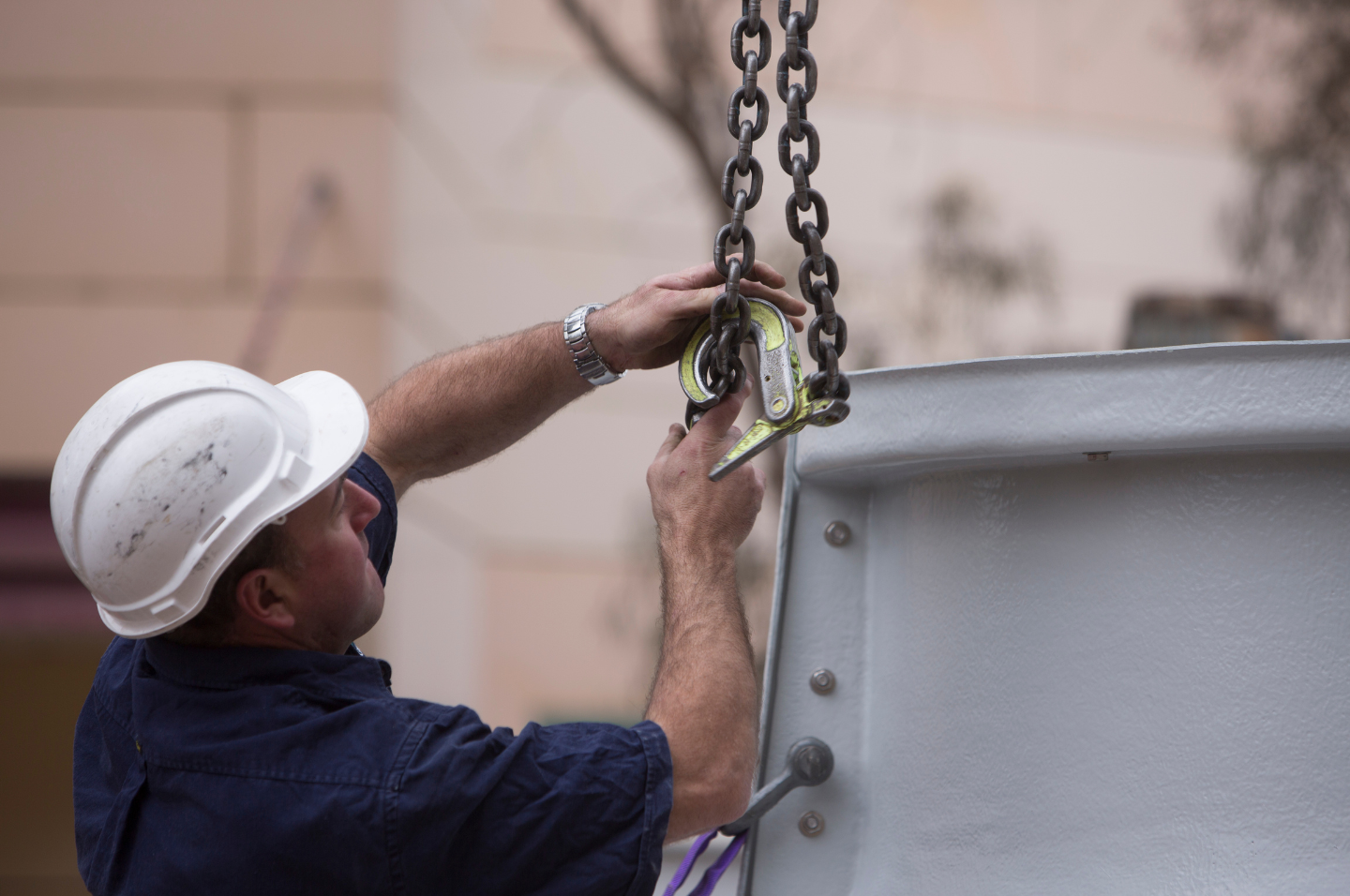The NSW Government is working with industry to encourage the voluntary use of low emission building materials or LEBMs. These materials include ‘green’ steel and concrete, and alternative products such as geopolymers.
Manufacturing traditional steel, concrete and aluminium produces high levels of carbon dioxide. Cutting these levels is a priority in the NSW Government’s plan to reach net zero emissions by 2050.
Partnering with industry
We are growing demand for LEBMs in partnership with:
- commercial builders
- the infrastructure construction industry
- asset owners
- government agencies

What’s happening?
MECLA – Materials Embodied Carbon Leadership Alliance
More than 100 organisations from the building industry and all levels of government have formed the Materials Embodied Carbon Leadership Alliance (MECLA), which launched in April 2021. Major suppliers and users of both traditional and low emissions building products, as well as government representatives from local, state and national agencies, are engaged. This unique industry collaboration has several working groups and interested organisations are encouraged to participate. Contact us using the form below if you would like to join.
Hear from MECLA in this video and find out more on the MECLA website.
Quicker accreditation for infrastructure
The materials calculator used in Infrastructure Sustainability (IS) ratings is being digitalised. This new platform will make it easier to estimate embodied carbon, helping to increase LEBM procurement. The Infrastructure Sustainability Council developed the original calculator with industry. The NSW Government is funding them to upgrade the platform.

NSW Government is taking action
We are building momentum across government when it comes to low emissions material and construction. Many government agencies are using LEBMs — or have plans to — in new projects.
Other initiatives include:
- Circular design guidelines for the built environment – these Guidelines present a whole-of-system approach for implementing circular design strategies throughout all phases of built environment projects.
- The Chief Architect’s office is developing a new State Environmental Planning Policy (SEPP), which will provide guidelines on low emissions materials requirements in construction
- Putting the spotlight on low emission materials and other sustainability issues in the State Infrastructure Strategy 2022-2042.
- The development of a Sustainable Procurement Framework
- The revision of the NSW Government Resource Efficiency Policy
- A Net Zero Industry and Innovation Program designed to fund the decarbonisation of heavy industry including materials manufacturers
- A series of educational activities for government staff on LEBMs in policy making, materials specifications for projects, LEBM procurement. Check out both the first and second parts of our three-part government briefing on 27 May and 27 October 2021 here.
Kickstarting new thinking
We have hosted innovation 'sprints' with many stakeholders along the building materials value chain throughout 2021 to develop solutions together in this complex and fast-changing area. The outcomes from these sprints told us there is an industry and government appetite for collaborative co-design and shared problem-solving to grow the LEBM market.
Such collaboration includes a LEBM Knowledge Hub, providing industry and government easy and timely access to trustworthy, comprehensive, and relevant information. It also includes co-development of a LEBM Passport, incentivising contractors to develop knowledge and skills in LEBM solutions. Finally, the sprints revealed that a LEBM Innovation Centre would enable the industry to collaborate to create, explore and test new LEBM ideas (including products, services, systems, techniques, and processes) or watch and interact with others doing so.
Get in touch
If you want to find out more on MECLA or receive updates on the Low Emissions Buildings Materials initiatives, fill in your details below.
The information you provide in this form will only be used for the purpose for which it was collected. By submitting, you consent to storage, use, and disclosure of your personal information in accordance with our privacy statement.
